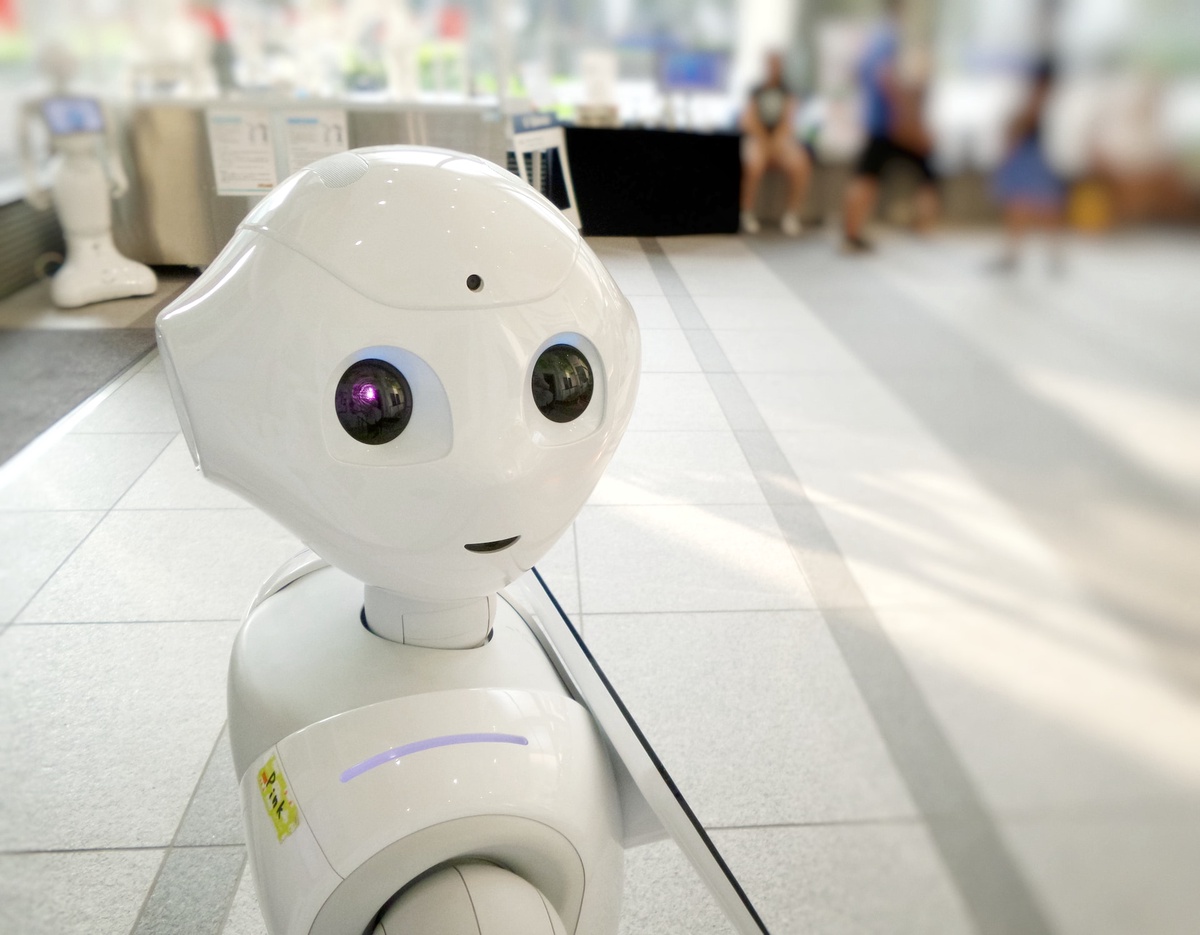The realm of artificial intelligence has witnessed remarkable advancements in recent years, with large language models (LLMs) standing at the forefront of this transformative revolution. Among the most prominent LLMs is ChatGPT, a generative pre-trained transformer developed by OpenAI. Since its inception in November 2022, ChatGPT has captivated the world with its ability to engage in natural, human-like conversations, sparking a surge of interest in its development and applications.
Delving into ChatGPT's Architecture
At the heart of ChatGPT lies a sophisticated neural network architecture, meticulously trained on a massive dataset of text and code. This training process enables ChatGPT to capture the intricate patterns and nuances of human language, allowing it to generate text, translate languages, write different creative content, and answer questions in an informative way.
To achieve this remarkable level of performance, ChatGPT employs a technique known as "prompt engineering." This involves providing the model with specific instructions or prompts, guiding it to produce desired outputs. Through successive prompts and replies, the model refines its understanding of the conversation, enabling it to engage in more meaningful and engaging interactions.
Unveiling ChatGPT's Applications
The versatility of ChatGPT extends far beyond mere conversation. Its ability to comprehend and process language has opened up a vast array of potential applications across diverse industries. Some of the key areas where ChatGPT is making a significant impact include:
-
Content Creation: ChatGPT can generate high-quality content, including blog posts, articles, social media posts, and even creative writing pieces. Its ability to adapt to different styles and genres makes it a valuable tool for content creators.
-
Code Generation: ChatGPT can assist software developers by generating code snippets, completing code fragments, and even suggesting alternative coding approaches. This can significantly improve developer productivity and efficiency.
-
Customer Service: ChatGPT can be deployed as a virtual chatbot, providing customer support by answering questions, resolving issues, and offering personalized recommendations. This can enhance customer satisfaction and reduce operational costs.
-
Education: ChatGPT can serve as an intelligent tutor, providing personalized learning experiences, explaining complex concepts in simple terms, and offering practice questions and assessments.
Exploring the Future of ChatGPT
The development of ChatGPT represents a significant milestone in the evolution of LLMs, paving the way for even more advanced and capable AI systems. As research progresses, we can expect to see ChatGPT's capabilities expand further, potentially encompassing areas such as:
-
Real-time Translation: ChatGPT could seamlessly translate conversations in real-time, breaking down language barriers and fostering global communication.
-
Personalized Storytelling: ChatGPT could generate personalized stories, catering to individual preferences and crafting immersive narratives.
-
AI-Powered Assistance: ChatGPT could become an indispensable assistant, providing personalized recommendations, managing schedules, and automating tasks.
ChatGPT Development: Unveiling the Road Ahead
ChatGPT's development has been marked by a collaborative effort between OpenAI's research team and a vast community of users who have provided feedback and suggestions. This iterative approach has been instrumental in refining the model's capabilities and expanding its range of applications.
One of the key areas of focus in ChatGPT development is enhancing the model's ability to understand and respond to complex prompts and questions. This involves improving the model's ability to grasp the nuances of human language, including sarcasm, irony, and humor.
Another area of emphasis is expanding ChatGPT's knowledge base to encompass a wider range of topics and domains. This will enable the model to provide more comprehensive and informative responses, even when dealing with unfamiliar or nuanced subjects.
In addition to these core enhancements, ChatGPT development is also exploring the potential of integrating the model with other AI technologies, such as computer vision and natural language processing. This could lead to the development of even more sophisticated applications, such as AI-powered healthcare assistants, virtual learning companions, and personalized marketing tools.
The development of ChatGPT is not without its challenges. One of the primary concerns is the potential for the model to generate harmful or misleading content. To address this issue, OpenAI is constantly refining its safety measures, including incorporating human feedback and utilizing techniques to detect and prevent the generation of harmful content.
Another challenge lies in ensuring that ChatGPT is used responsibly and ethically. Misuse of the model could lead to privacy violations, discrimination, or even emotional harm. OpenAI is working closely with its research partners and user communities to address these concerns and promote the responsible use of ChatGPT.
Navigating the Ethical Landscape
As ChatGPT and other LLMs continue to evolve, it is crucial to consider the ethical implications of their development and deployment. OpenAI has established a set of principles to guide its work in this area, including:
-
Transparency: OpenAI is committed to being transparent about its research methodologies and findings. This includes sharing information about the training data used to develop ChatGPT and the potential risks associated with its use.
-
Safety: OpenAI prioritizes the safety of ChatGPT users and the community at large. This includes implementing safeguards to prevent the generation of harmful or misleading content and identifying potential misuse scenarios.
-
Reliability: OpenAI is committed to ensuring that ChatGPT is a reliable and trustworthy tool. This includes continuous testing and evaluation to maintain the model's accuracy and robustness.
-
Public Benefit: OpenAI aims to develop ChatGPT in a way that maximizes its positive impact on society. This includes considering the potential benefits and risks of the model in various applications and working to mitigate any negative consequences.
By adhering to these principles, OpenAI hopes to foster a collaborative and responsible approach to ChatGPT development, ensuring that this revolutionary technology is used for the betterment of society.
Conclusion
ChatGPT development emergence has undoubtedly marked a turning point in the landscape of artificial intelligence. Its ability to engage in natural, human-like conversations and its versatility across various applications have captivated the imaginations of researchers, developers, and users alike. As development continues, we can anticipate even more remarkable advancements in ChatGPT's capabilities, further blurring the lines between human interaction and AI-powered dialogue. The future of ChatGPT holds immense promise, and we stand at the precipice of a revolution that will transform the way we communicate, learn, and interact with the world around us.


No comments yet